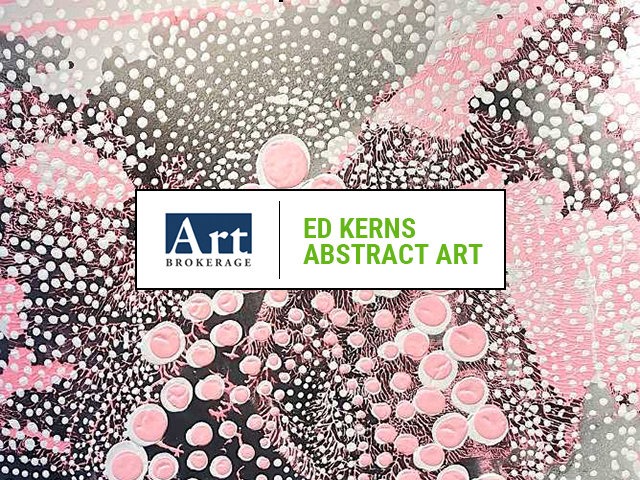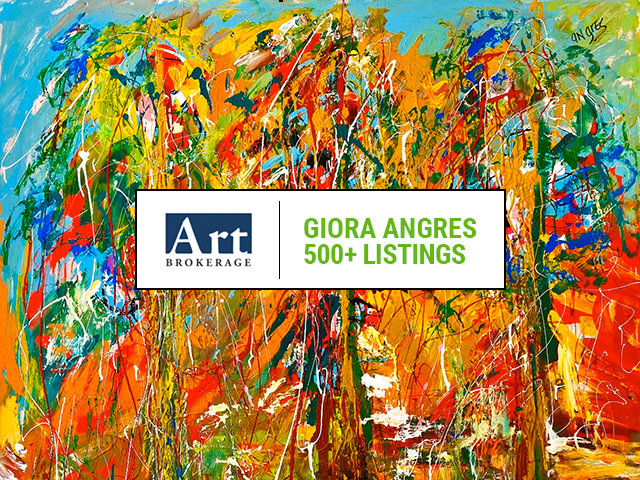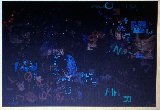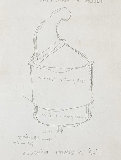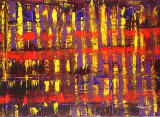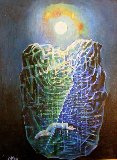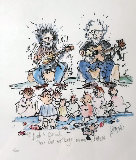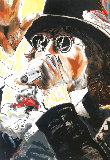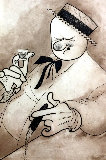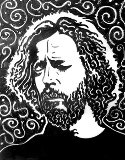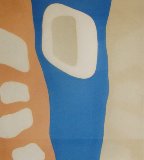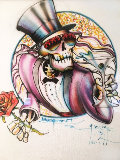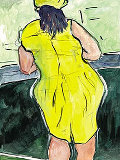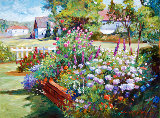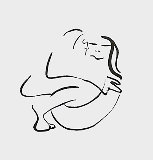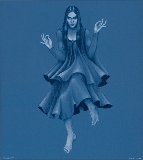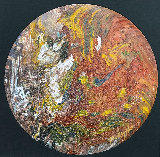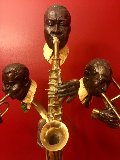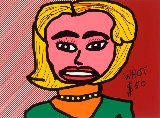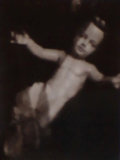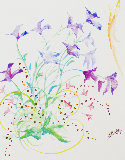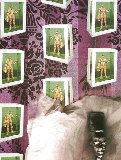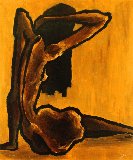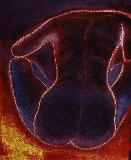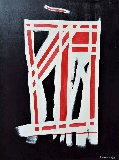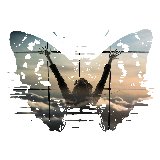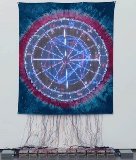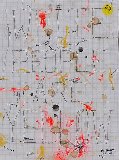-
-
Yoko Ono
JapanArt Brokerage: Yoko Ono Japanese Artist: Yoko Ono is a Japanese artist and peace activist, known for her work in avant-garde art, music and filmmaking and for her marriage to John Lennon (1969-1980). Ono brought feminism to the forefront in her music. She is also known for her philanthropic contributions to arts, peace and AIDS outreach programs. Lennon called her "the most famous unknown artist in the world. Yoko Ono was born in Tokyo in 1933 to mother Isoko Ono (the great-granddaughter of Zenjiro Yasuda) of the Yasuda clan and the Yasuda zaibatsu. Her father was Eisuke Ono. He was a banker and one-time classical pianist who was a descendant of an Emperor of Japan. In 1940, the family moved to New York City, where Ono's father was working. In 1941, her father was transferred to Hanoi and the family returned to Japan. Ono was then enrolled in Keimei Gakuen, an exclusive Christian primary school run by the Mitsui family. She remained in Tokyo through the great fire-bombing of March 9, 1945. During the fire-bombing, she was sheltered with other members of her family in a special bunker in the Azabu district of Tokyo, far from the heavy bombing. After the bombing, Ono went to the Karuizawa mountain resort with members of her family. On March 20, 1969, Ono married John Lennon. Ono and Lennon collaborated on many albums, beginning in 1968 when Lennon was still a Beatle, with Unfinished Music No.1: Two Virgins, an album of experimental electronic music. That same year, the couple contributed an experimental piece to The White Album called "Revolution 9". Ono also contributed backing vocals (on "Birthday"), and one line of lead vocals (on "The Continuing Story of Bungalow Bill") to The White Album. Many of the couple's later albums were released under the name the Plastic Ono Band. The couple also appeared together at concerts. Ono was a sometime member of Fluxus, a loose association of Dada-inspired avant-garde artists that developed in the early 1960s. Fluxus founder George Maciunas, a friend of Ono's during the 1960s, admired her work and promoted it with enthusiasm. One of Ono's well known examples is when she took a fly as her alter ego and was inspired by this for her work. Maciunas invited Ono to join the Fluxus group, but she declined because she wanted to remain an independent artist. Ono was an explorer of conceptual art and performance art. An example of her performance art is "Cut Piece", first performed in 1964 at the Sogetsu Art Center in Tokyo. Cut Piece had one destructive verb as its instruction: "Cut." Ono executed the performance in Tokyo by walking on stage and casually kneeling on the floor in a draped garment. Audience members were requested to come on stage and begin cutting until she was naked. Ono was also an experimental filmmaker who made sixteen films between 1964 and 1972, and gained particular renown for a 1966 Fluxus film called simply No. 4, but often referred to as "Bottoms". The film consists of a series of close-ups of human buttocks as the subject walks on a treadmill. The screen is divided into four almost equal sections by the elements of the gluteal cleft and the horizontal gluteal crease. The soundtrack consists of interviews with those who are being filmed as well as those considering joining the project. In 1996, the watch manufacturing company Swatch produced a limited edition watch that commemorates this film.
Read More + - Create Listing 4 Artworks for sale 13 Followers
For original paintings, please be sure to take 5 or 6 good PHOTOS of front and back, the signature, and closeups.
Create a FREE AccountIf there is a piece you are searching for, place a FREE WANTED AD.
Create a FREE AccountIf you have inherited art and are CLUELESS, Please tell us instead of guessing. We will help you.
Create a FREE Account
Yoko Ono
Untitled Set of 12 Photographic Images (Stethoscope Pictures) 1971 Set of 12
Photography: Twelve 35mm Film Photographs on Oversize Contact Sheet, Other, Unique (Contact Sheet)
Size: 20x16 in | 50x39 cm
🔥Framed Very Rare - Set of 12 - Inquire - ASteal $$$$$$$
-
Art Wanted
We have interested buyers looking for these artworks by Yoko Ono:
- CREATE AD
- Art Brokerage Requests (1)

